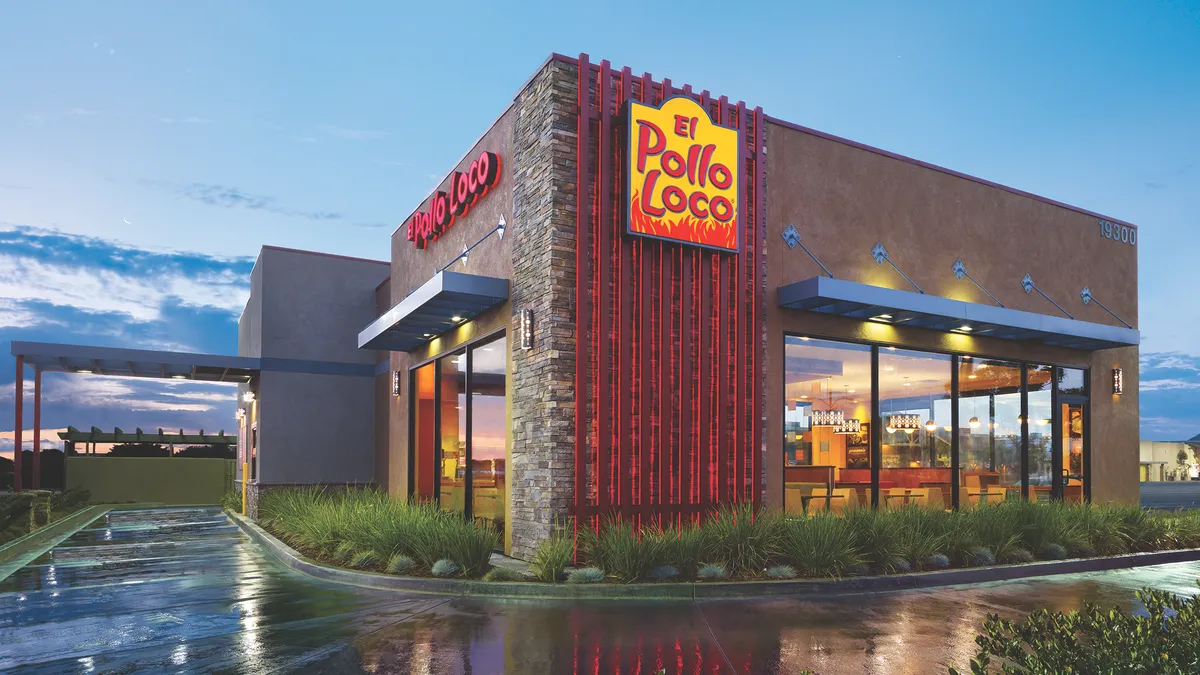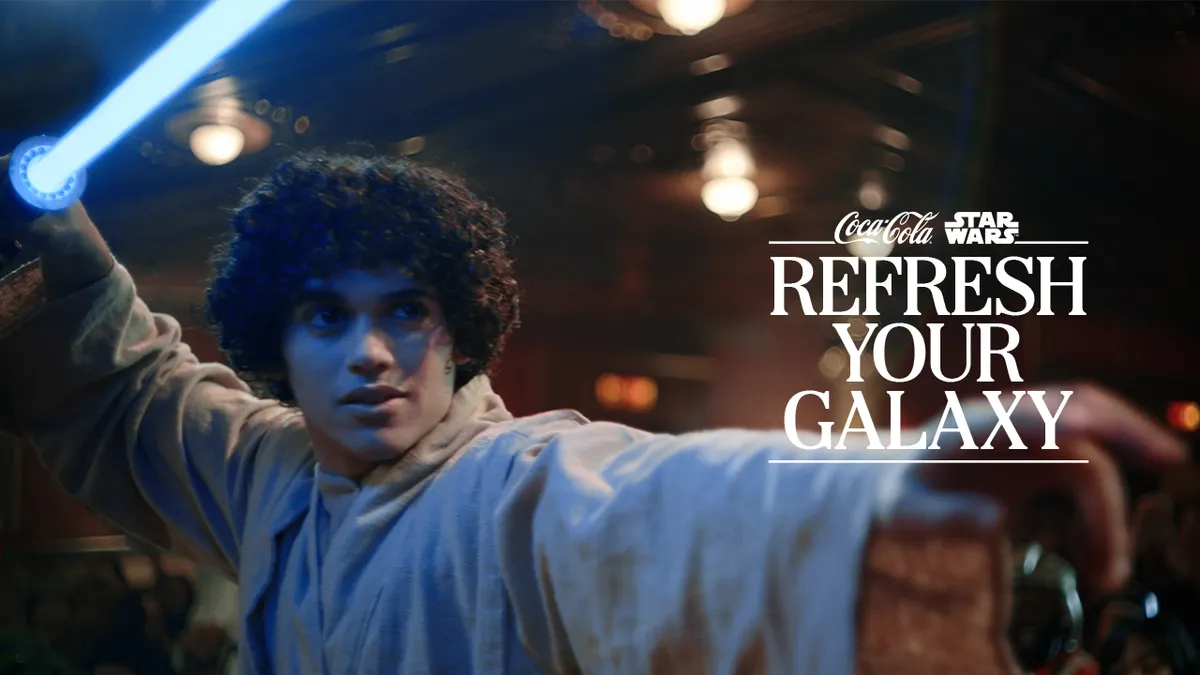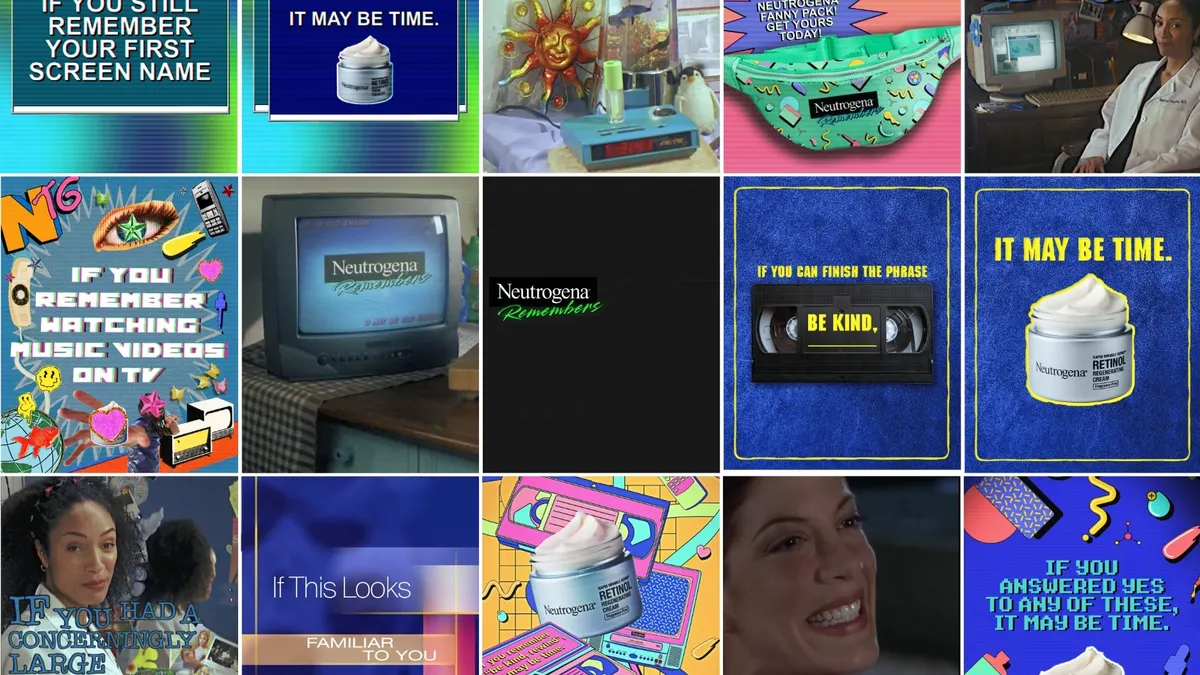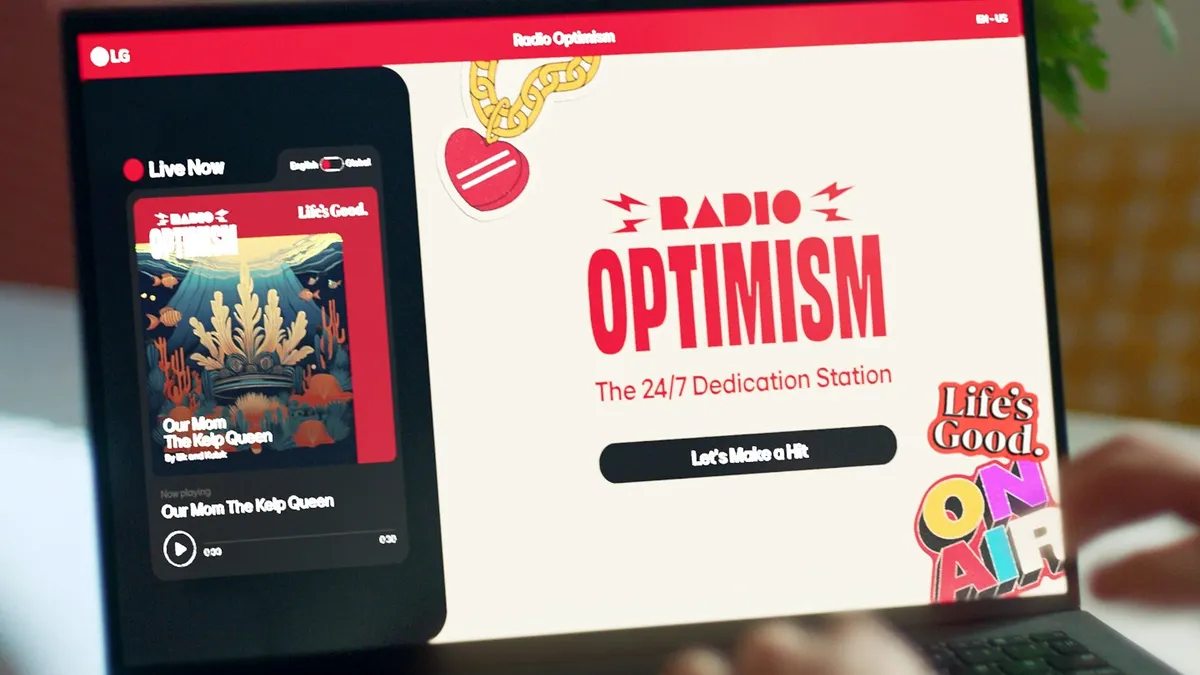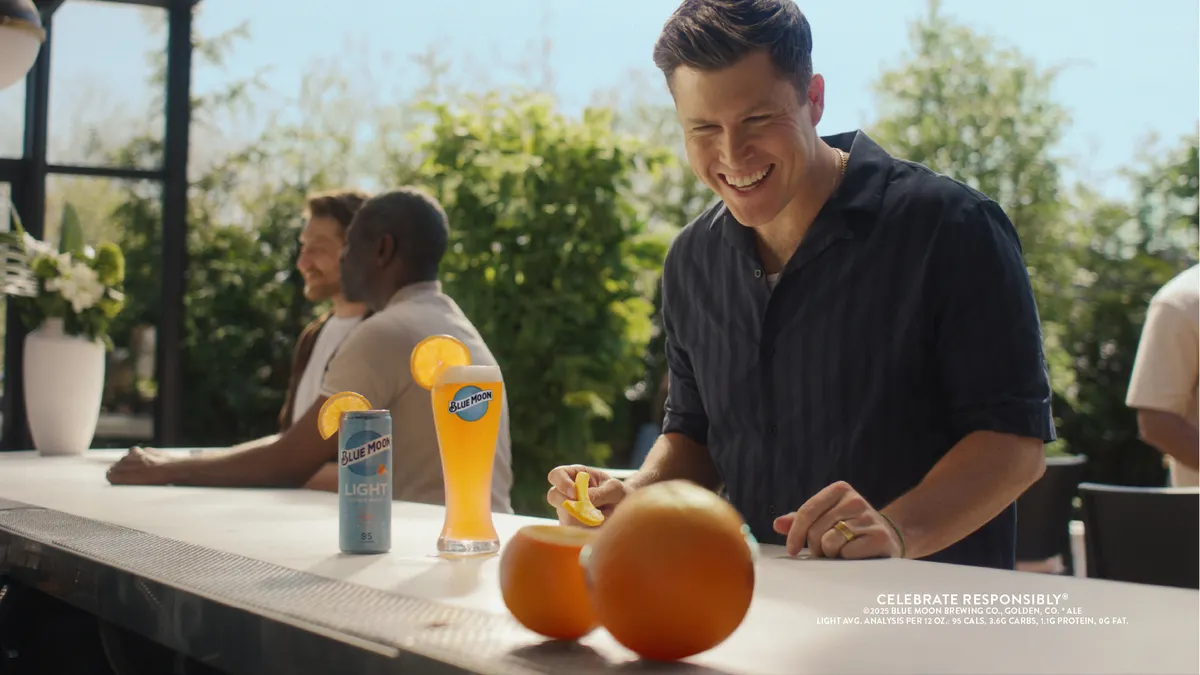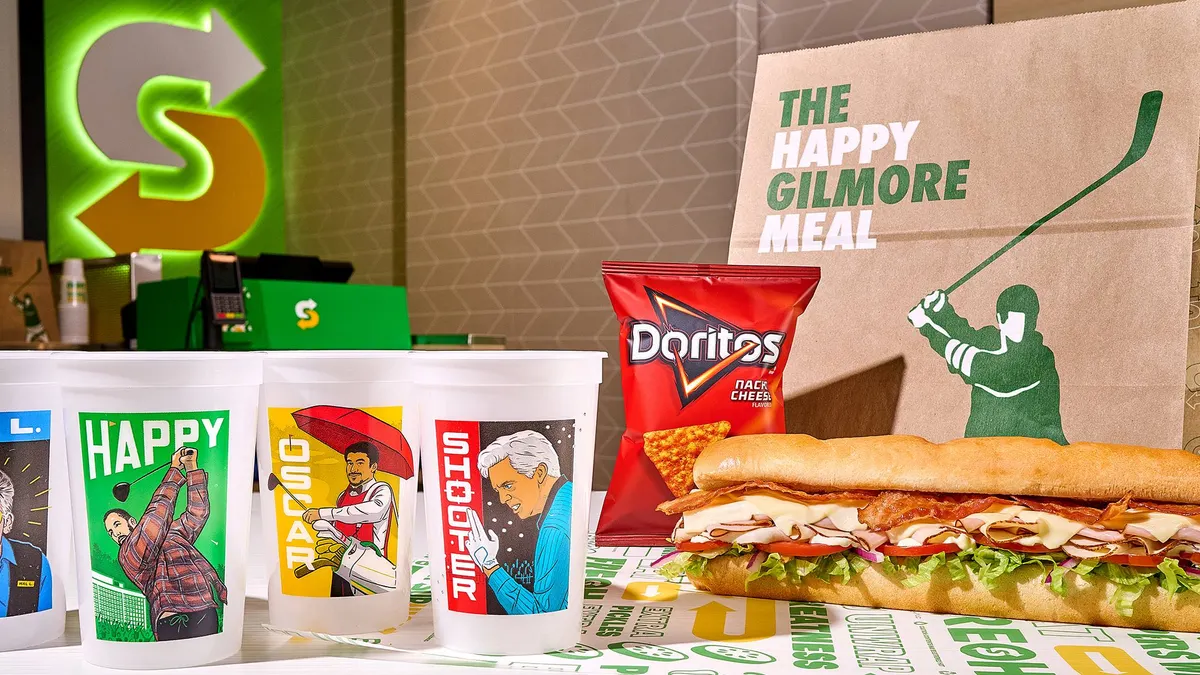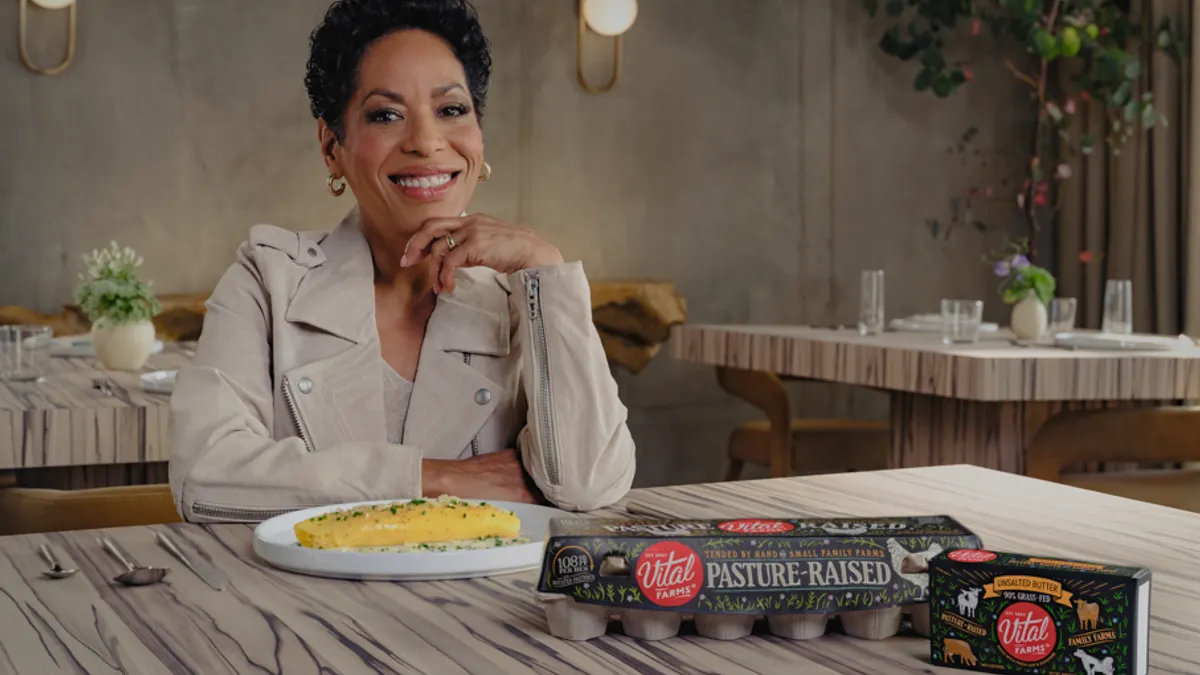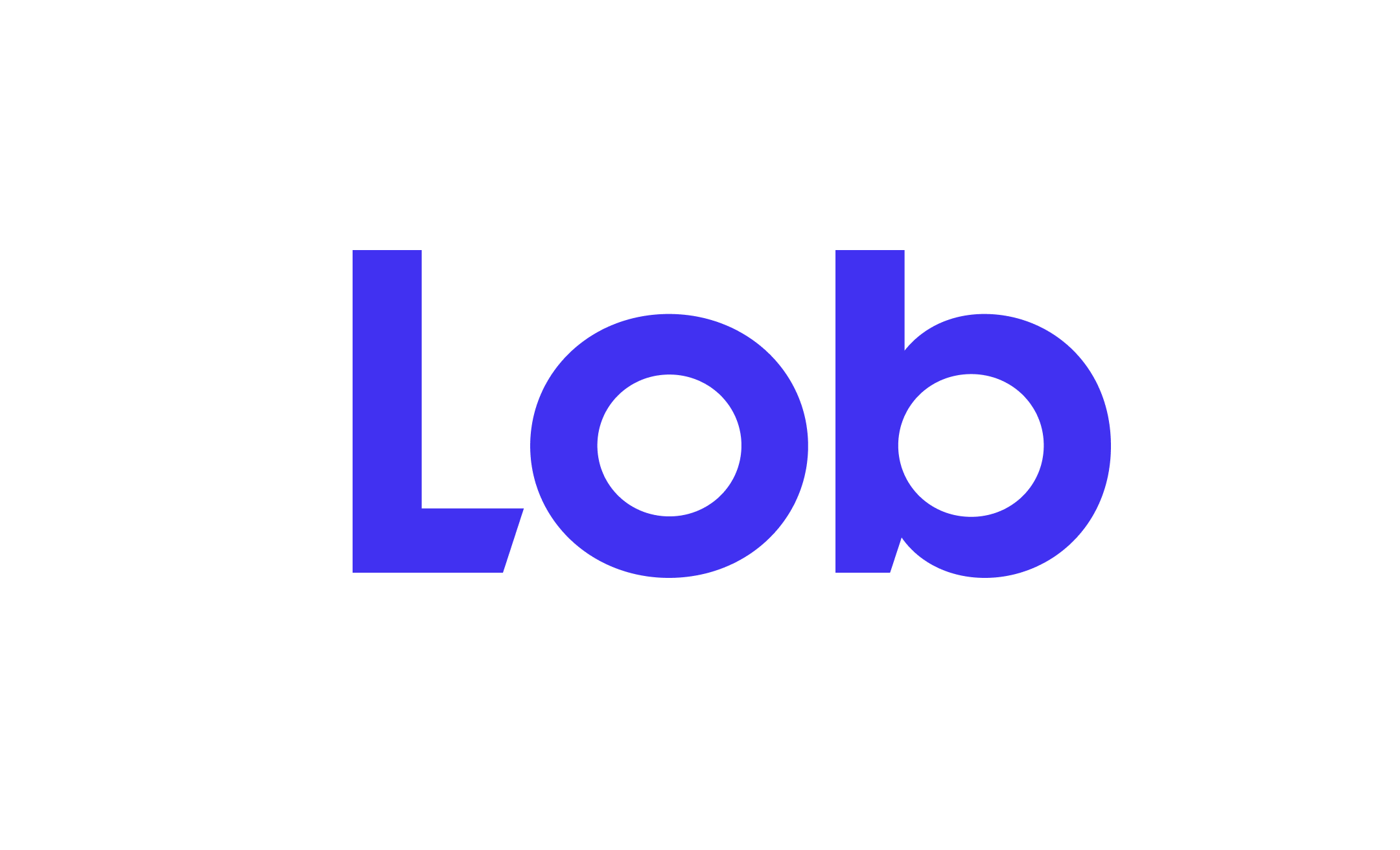When Bernard Acoca was named CEO of El Pollo Loco in 2018, the restaurant chain was still spending 98% of its media budget on TV and print media — years after digital media had disrupted the marketing landscape. With a strong marketing background, including years at Starbucks, Pizza Hut and a stint as CMO for the Americas at L'Oréal, Acoca knew that way of doing business had to change, as it was becoming a liability for a brand whose bread-and-butter remains customers over 40.
"If we didn't revisit and rethink our approach for how we were going to market, particularly with media, we would run the risk of not bringing new and younger customers into franchise," Acoca said.
In the time since he came onboard, Acoca has overseen an investment into digital media and marketing channels that has modernized the 40-year-old chain, which includes more than 480 company-owned and franchised restaurants west of the Mississippi River.
From just a few percentage points of the overall media budget when he started to 30% this quarter, digital spending has exploded — and yielded results. In its most recent quarterly results, the company saw positive sales comps in June and July, after setbacks at the beginning of the quarter due to the COVID-19 pandemic. And since the start of the calendar year, El Pollo Loco has tripled sales generated from digital channels.
"We think we've just scratched the surface on that front," Acoca said.
Rebuilding digital infrastructure
El Pollo Loco's digital transformation began with an overhaul of its digital media infrastructure, including rebuilding both its website and mobile app, improving the latter's user experience and making both work hand-in-glove. The company last year started investing in its loyalty program, an effort it "poured gasoline on" in 2020.
"The loyalty program is really the centerpiece of our digital flywheel and where we expect more and more of our sales comp in the month and years ahead [as we] siphon away dollars from traditional media and invest in our loyalty program," Acoca explained.
These strategies were in place when the business started feeling the pandemic's effects earlier this year. In many cases, it accelerated initiative timelines, speeding up launches scheduled for six to eight months out to six to eight weeks. Before the pandemic, the media budget was still closer to 20% digital, but quickly rose to 30% as the health crisis changed consumer behaviors.
"The loyalty program is really the centerpiece of our digital flywheel and where we expect more and more of our sales comp in the month and years ahead."

Bernard Acoca
El Pollo Loco, CEO
"In a world where people were sequestered at home, the need for out-of-home and drive-time radio … were going to be far less relevant, and we quickly transitioned to where eyeballs were, i.e. social media, mobile and [advertising around news programming]," he said.
As the pandemic accelerated time and money spent on mobile throughout the economy, Acoca sees El Pollo Loco's app and loyalty program as keys to the company's continued growth.
"It is so much more of an efficient way to communicate to our customer base and demonstrate that we know them because we're able to mine our database and segments we've created in that database," Acoca said. "We've seen an increase in frequency of visitation and increase in average member spend."
For restaurants like El Pollo Loco, Acoca visualizes a Venn diagram between the need to drive business off-premise and overall digitization of business, with incremental sales generation as the intersection. The digital push will continue on Sept. 28 when El Pollo Loco launches GPS-enabled curbside pickup at every one of its restaurants, with the app and loyalty program as the conduit. Delivery, which is now nearly 10% of the company's business, has also tripled in growth during the pandemic.
Accelerating cultural relevancy with Initiative
To grow the company's digital transformation exponentially, El Pollo Loco in July selected New York agency Initiative as its strategic media agency of record responsible for a $30 million media budget. Along with its expertise in digital marketing, Acoca noted how the agency, a part of IPG Mediabrands, set itself apart.
"They were the only agency that intuitively got something what was very near and dear to us given the nature of our brand, which was cultural relevance," Acoca said. "They said, 'media impressions are one thing, cultural relevance is far more important.'"
Cultural relevancy is important for a brand like El Pollo Loco with strong cultural values. Half of El Pollo Loco customers are Hispanic, and the company has long-standing ties to the community. Acoca pointed to El Pollo Loco's annual efforts on Cesar Chavez Day, when the company undertakes massive community projects in each of its markets, and an innovative Snapchat AR lens that virtually recreated iconic Los Angeles murals that had been painted over due to gentrification. As part of the latter push, the company is also tapping Hispanic muralists to turn their storefronts into murals each quarter.
Along these lines, next up for El Pollo Loco is National Hispanic Heritage Month, which kicks off on Sept. 15. With small businesses in minority communities disproportionately affected by the pandemic, the company is working to set up grants as financial lifelines for these businesses, offering up mentorship, and looking for opportunities to use its scale to purchase from them. These efforts made El Pollo Loco an attractive client for Initiative.
"[El Pollo Loco is] embracing what marketers should be doing in today's landscape, by adopting new practices and embedding themselves with ideas in culture — as opposed to just standard advertising."

Amy Armstrong
Initiative, U.S. CEO
"They had a strong sense of supporting local communities, they have a diverse audience, they celebrate the heritage of the brand — everything you want in a client partner," said Amy Armstrong, U.S. CEO of Initiative.
"The entire team was so energized as [Acoca] was sharing those types of ideas and embedding the brand in culture, which is basically Initiative's proposition, so how do we continue to amplify what he started: creating and spreading ideas that drive relevancy and growth. We do that by understanding not only what's happening in culture, but what people's values and traditions are when we look at audiences to make sure we resonate."
At the foundation of Initiative's proposition is the idea of "cultural velocity," which Armstrong defined as the speed in which a brand can interpret and respond to different cultural data signals in order to improve its relevance with consumers who will drive incremental growth. For the restaurant, increasing its cultural velocity is the next step to digital transformation.
"While [El Pollo Loco is] very into celebrating the tradition and heritage of the brand, they're embracing what marketers should be doing in today's landscape, by adopting new practices and embedding themselves with ideas in culture — as opposed to just standard advertising," Armstrong said.



